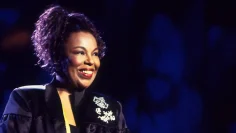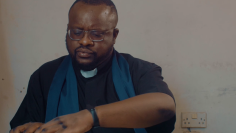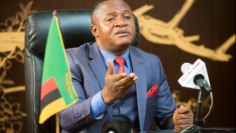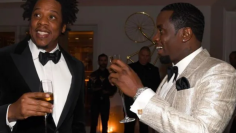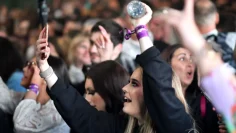
A battle rap legend, but Kendrick Lamar’s war goes on
(BBC) Not everyone agrees that a more mainstream-friendly version of rap makes Drake less credible.
His one-time rival Common recently defended him against the “pop star” label – saying that “he’s still an MC” even though his songs are popular.
Kendrick, though, is passionate about rap as an artform, and said the success of Not Like Us and being chosen as the first solo hip-hop artist to front the halftime show “meant everything”.
“To represent it on this type of stage is just everything that I’ve worked for and everything I believe in for the culture, I live and die by it,” he said.
Hip-hop, a genre which has been around for 50 years, has a long history of protest.
Margs says “a lot of that has been lost” when comparing current trends with the genre’s origins.
“They cared about the message and what it stands for because hip-hop was something that was heavily politicised,” he says.
“People used to use their voices in hip-hop to protest and get their messages out.”
The political messaging in Kendrick’s halftime show came from the start when actor Samuel L Jackson, dressed as US government icon Uncle Sam, introduced the rapper.
From there, it included references to the black power movement, imagery of a divided United States and, just before the finale, the line: “This is bigger than the music.”
It’s a time of political change in the US following the re-election of Donald Trump, who was at the Super Bowl.
“There’s no better time for people to stand on business and talk about things that matter,” Margs says.



